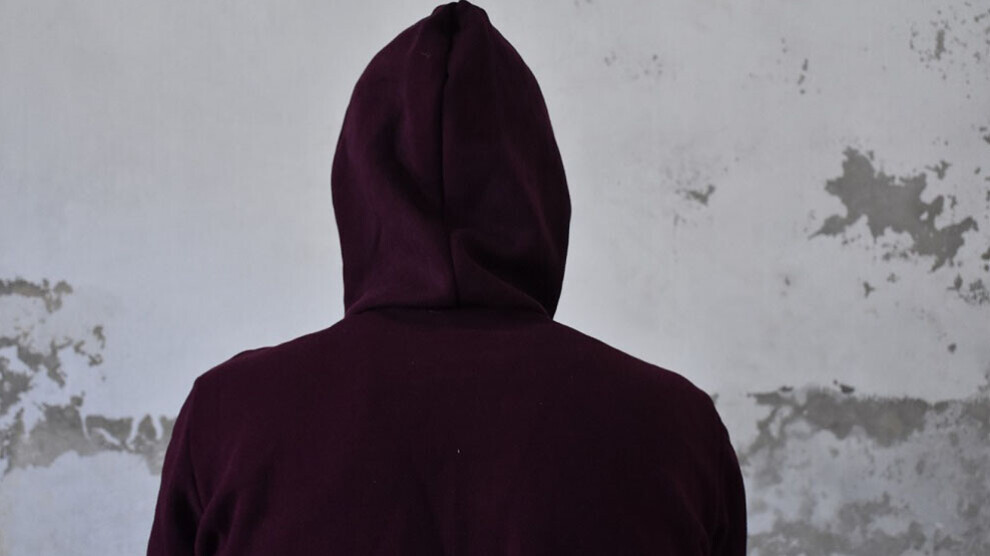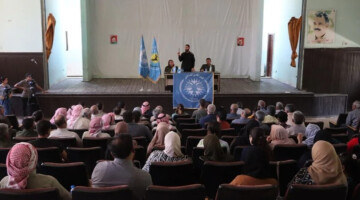The Turkish attack on the self-governing region of Afrin in northwestern Syria/western Kurdistan began on January 20, 2018. Together with the remnants of the "Islamic State" (IS), right-wing extremists and mercenaries from various jihadist groups, Turkey captured and occupied most of the then-canton. Since then, systematic preparations have been made for annexation. The region is under Turkish administration, the Turkish language was introduced, the Kurdish population was expelled and a regime of terror was established. Under the eyes of the world, people are systematically abducted, tortured and murdered.
Victims of the reign of terror speak
Time and again, witnesses and victims themselves report on these crimes against humanity. One of them is I.H. He was arrested in Afrin for alleged links to the Autonomous Administration by the Islamist right-wing extremist Sultan Murad Brigade, which provides a large part of the occupying forces. I.H. spoke to the ANHA news agency, "I was tortured for 27 days by the prison warden Abu Laith. After that, I was interrogated by a mercenary named Abu Khaled. I was then handed over to Ahmed Zakour of the Furqat al-Hamzat militia. The torture continued. Here, both the mercenaries and Turkish intelligence tortured me physically and psychologically. They demanded ransom from the families of my 24 fellow prisoners."
Severe torture under MIT supervision
While Turkish Interior Minister Süleyman Soylu states that there has not been the slightest allegation of torture for four and a half years, I.H.'s account, among many other examples, speaks a very different language. I.H. recalls the torture inflicted on him and his fellow prisoners: "They gave us electric shocks and tore out our fingernails. They stuck needles under our fingernails. They made us starve. They sometimes threw us some dry bread or a few olives. All the interrogations took place under MIT supervision. They kept hanging me upside down for a month. They beat us with clubs. They refused to allow us to wash. For a few months we could only wash with water once a month. The prisoners all had lice. The majority of them died due to contagious diseases. The prison authorities also used drugs. I was in that prison for one year and two months."
Tortured to suicide
In prison, I met Kawa Omer, a Kurdish teacher from Dargir village. They tortured Omer severely. They also did not allow him to receive medical care. The Kurds were constantly insulted. They wanted people to die slowly from the torture. Some prisoners could not stand the torture and took their own lives." I.H. was released after two and a half years in prison and then fled to Shehba.













